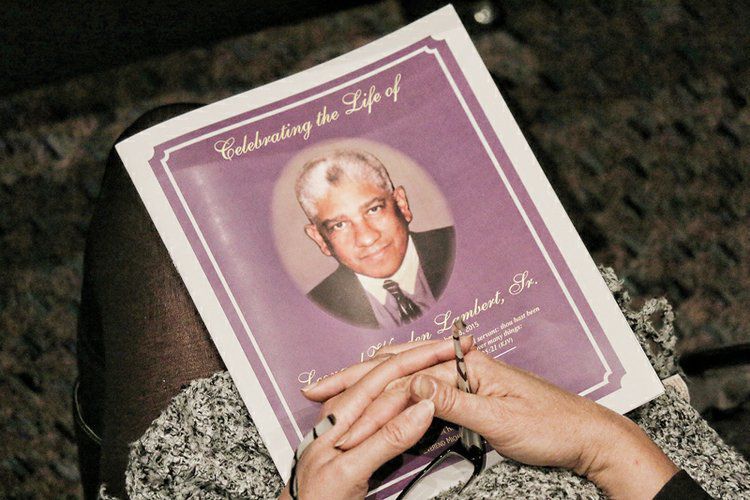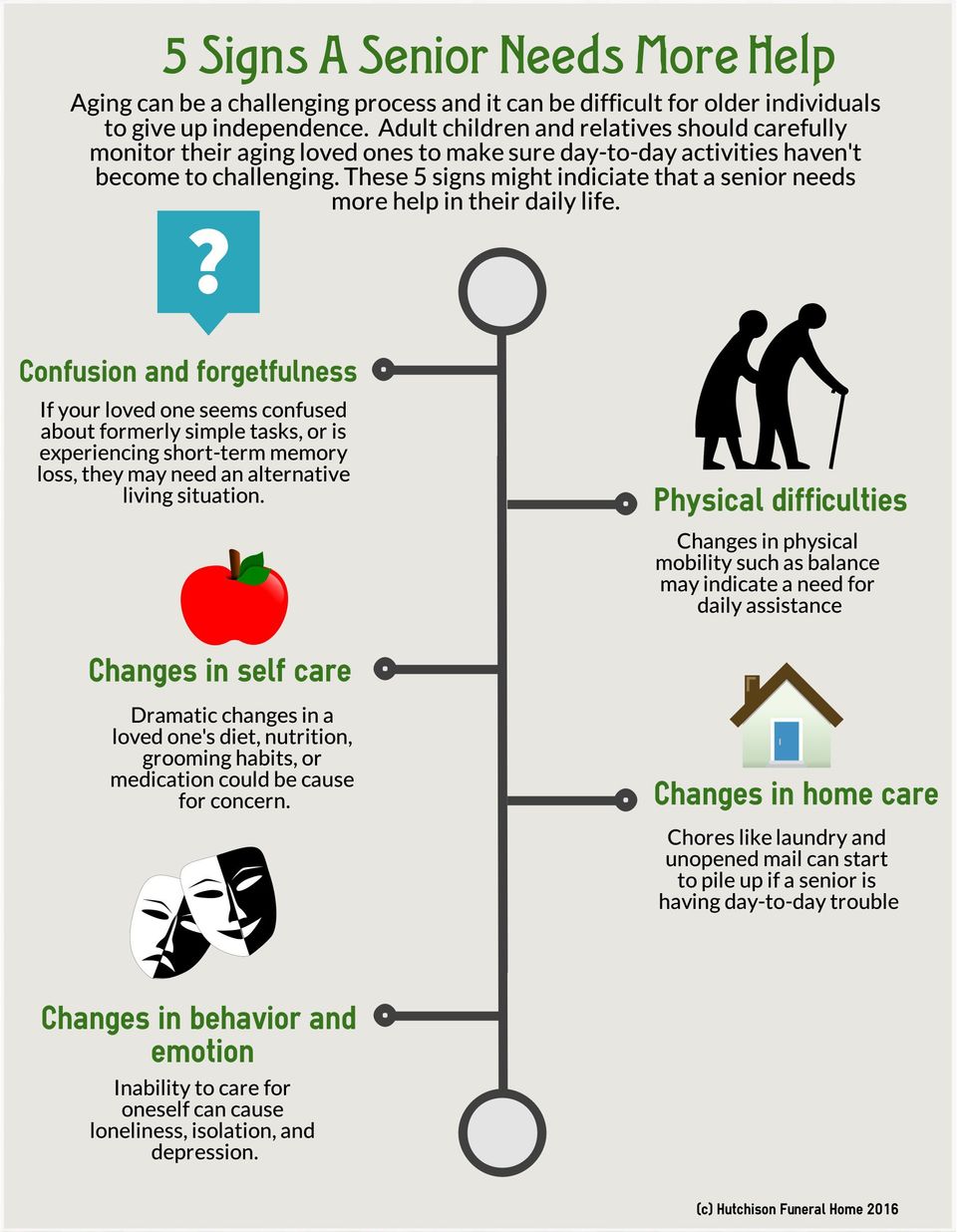5 Signs Your Aging Loved One Needs More Help
One of the greatest challenges of adulthood is watching our parents age. This is sometimes a graceful process, but often it is not.
It can be hard for older individuals to recognize when it is time to give up some independence and ask for help. The responsibility often falls to adult children to recognize when their parents, aunts, uncles, or other seniors in their life need help.
To recognize this, an individual must monitor the senior’s activities of daily living (ADLs) and instrumental activities of daily living (IADLs). These are tasks that health care professionals examine during a functional assessment to decide how much aid a senior might need in their day-to-day life. Here are some changes one might see if a senior needs help:
Confusion and forgetfulness
While forgetfulness is a common symptom of aging and not always an indicator that a senior needs help, it can be. When forgetfulness becomes so regular that everyday tasks are challenging, it might have graduated from forgetfulness to short-term memory loss. For example, if your parent repeatedly calls with the same question, or loses their keys several times a day, it might be time to examine other elements of their life with concern.
Physical difficulties
Seniors might display changes in physical mobility that indicate a need for help. If you notice your loved one struggling with their balance or having a hard time getting up from their favorite chair, they may be struggling with other movement-oriented tasks when you aren’t around. Physical mobility is important for independent living and when this mobility starts to diminish, it might be time for another living arrangement for your senior.
Self care includes activities like bathing, grooming, medication, and diet. Has your father stopped shaving? Has your mother stopped wearing lipstick everyday, which she’s done as long as you can remember? Body odor can signify a lack of bathing, which is often a result of short-term memory loss or mobility challenges associated with using the tub or shower. Soiled clothing might demonstrate that a senior is rewearing outfits several times to avoid the challenge of laundry or changing clothes.
It’s also important to monitor your loved one’s ability to stay up-to-date on their medications. Regular medication is a major part of healthy aging and if a senior can’t stay organized and regular with their dosage, it might mean they need more help.
Another factor to consider is diet and nutrition. Have there been any changes in your loved one’s weight or eating habits? Are you finding spoiled food in the refrigerator? Also pay attention to the grocery list: the appearance of more pre-packaged, convenience foods might demonstrate that your loved one has lost the interest or ability to cook healthy meals for himself. These changes can signify a need for more help with daily tasks.
Changes in home care
While a little mess is normal for all of us, watch out for stark changes in the cleanliness of a senior’s home. If a senior is having trouble managing their daily tasks, laundry might start piling up unwashed. Mail might start piling up unopened. If you’re noticing that common chores aren’t being attended to, this is a cause for concern.
Changes in behavior and emotion
Sometimes, aging and the inability to take care of oneself can cause depression, loneliness, and isolation. A senior might start avoiding social outings or spending more time watching TV and sleeping. Emotional changes are a natural consequence of losing independence and mobility and these matters must be approached with care.
If you are concerned about your senior, try to consult another family member or friend who might be able to give a second opinion. It can also be useful to talk with your family doctor or geriatrician.
If it has become clear that your loved one can no longer live alone, there are other options. Next week, we’ll discuss alternative living situations for an aging family member on the blog.




